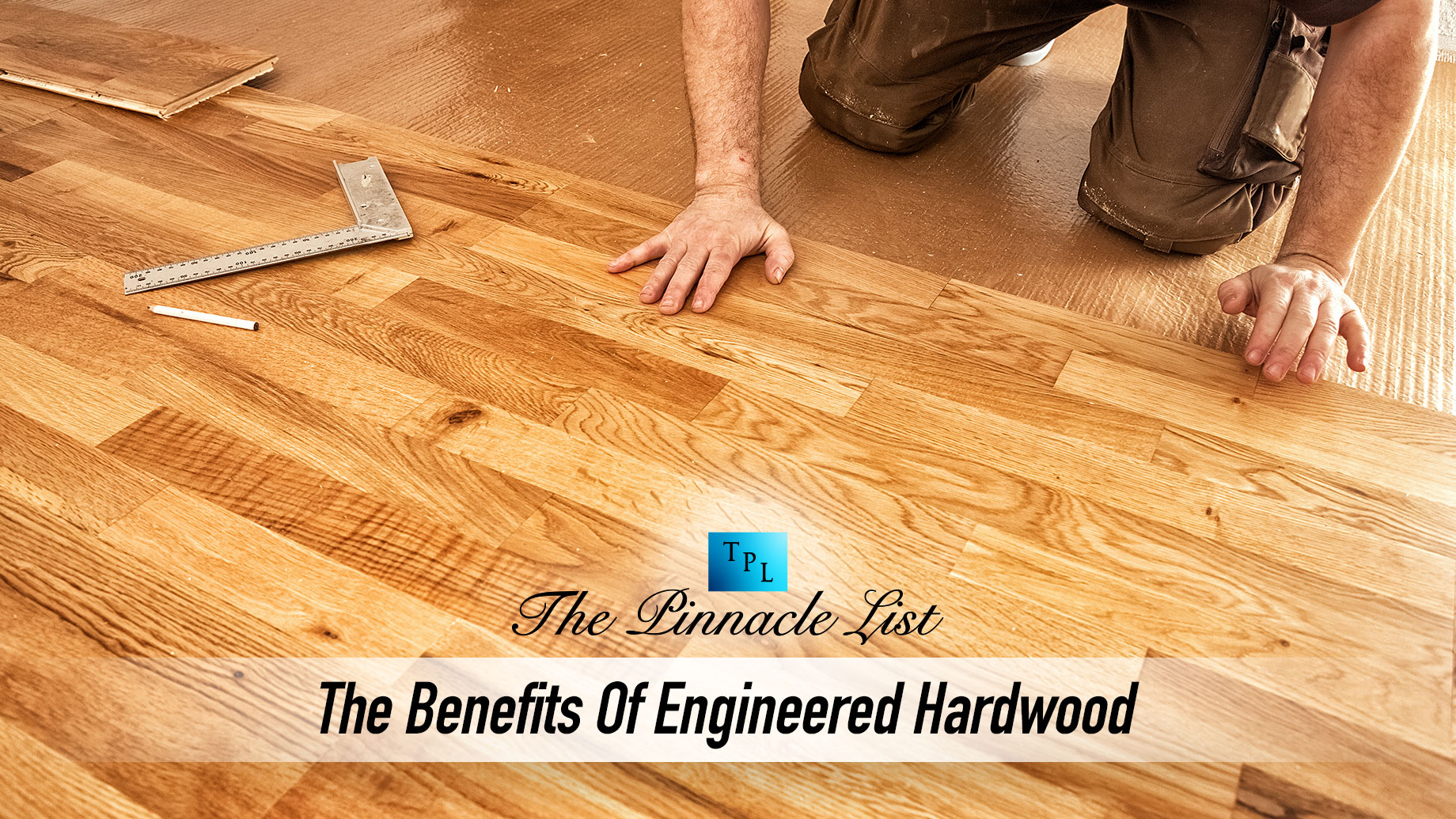
No matter the style of your home, your wood flooring should make it look better and last for years.
There are many types of flooring options that can be better for your house. Particularly the engineered hardwood flooring. This is low maintenance and can be installed instantly. It is also cheaper than many hardwood flooring options.
Continue reading to learn more about engineered hardwood floors and their benefits for your home.
Enhanced Stability
The cross-grain construction of engineered hardwood flooring offers enhanced stability. In this configuration, glued perpendicular to one another, are many layers of plywood. This minimizes the risks of warping, cupping, or gapping caused by changes in humidity and temperature.
The stability of engineered hardwood allows for wider and longer plank dimensions. It also ensures long-term durability.
Moisture Resistance
Engineered hardwood is also more resistant to moisture. This is due to its construction and layering. The hardwood veneer wear layer on the top makes it look good. At the same time, the layers of plywood or HDF in the middle make it immune to moisture.
This makes it a good choice for areas with a lot of moisture. This is because it won’t get damaged by small amounts of water or changes in humidity.
Versatile Installation
You can install engineered hardwood in many locations within your home. You can install it above grade on or above the ground level. You can also install it on grade at ground level and even below grade in basements.
Easy installation is possible on concrete, plywood, and even vinyl or tile floors that are already in place. This means that you don’t have to do a lot of work to prepare the subfloor, which makes fitting faster and cheaper.
There are also different ways to install engineered hardwood. For instance, using the usual way is possible by nailing it to a wooden subfloor. You can also use glue-down or floating ways. These different ways to install give you options based on your preferences and the state of the subfloor.
Durability
Engineered hardwood can resist heavy use and foot traffic. Its glued wood layers make it strong. The top layer looks and lasts like hardwood. This preserves the underlayers and increases flooring longevity.
The core layers of engineered hardwood, usually composed of plywood or HDF, contribute to its strength and resilience. They are stable and resistant to warping as well. It helps prevent the flooring from developing structural issues over time.
The durability of engineered hardwood means a longer lifespan compared to other flooring types. You can also head on over to rusticwoodfloorsupply.com and check out the flooring types best suited to your home.
Environmentally Friendly
Engineered hardwood uses a smaller amount of high-quality hardwood compared to solid hardwood. This helps reduce the demand for rare or slow-growing tree species.
Many manufacturers offer engineered hardwood options that incorporate sustainable materials. This includes using materials from certified forests that adhere to sustainable forestry practices. Additionally, some engineered hardwood products use recycled wood. This saves wood and prevents landfill waste.
It is often made with less energy and resources than other flooring choices. This is because they are built in layers and use materials in a smart way.
Consider Engineered Hardwood Today
Engineered hardwood is an attractive, versatile, cost-efficient solution for your floors. It offers superior durability and stability over natural hardwood and is available in a variety of finishes and colors.
Explore the options from a professional today and discover the benefits of engineered hardwood for yourself!